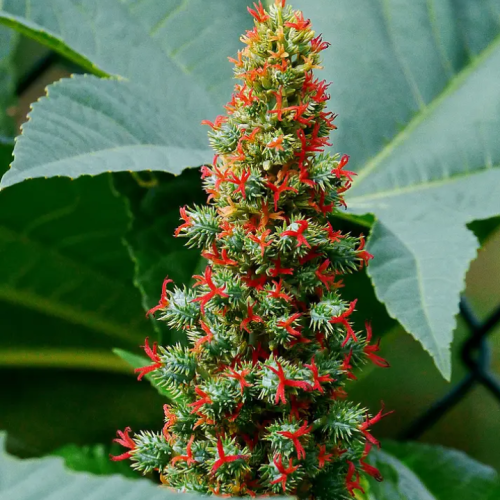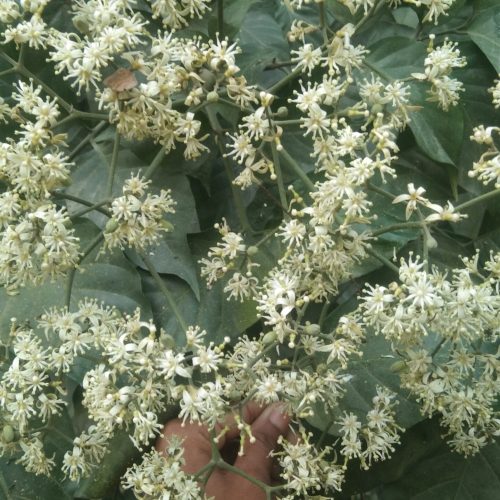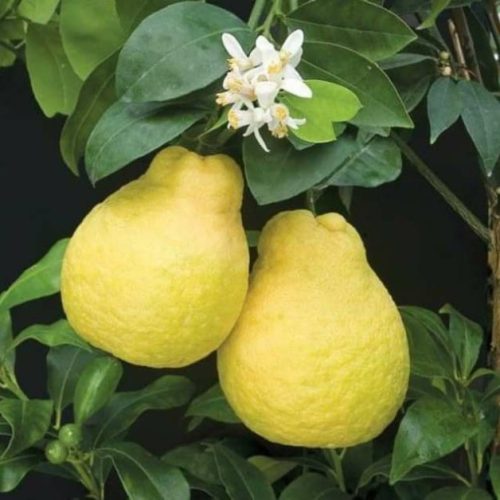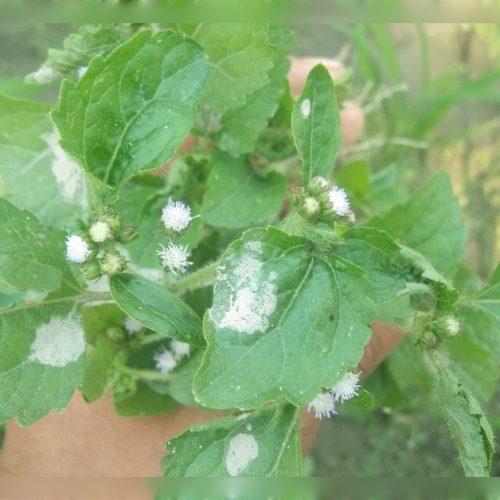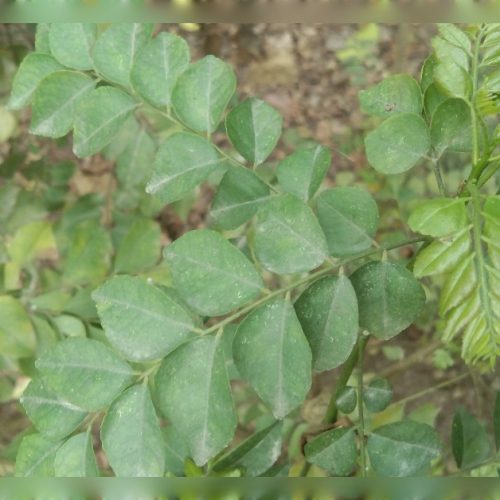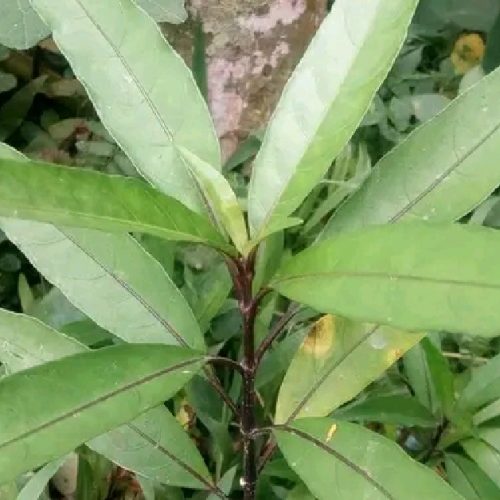Table of this Contents
TogglePepper.
Pepper. Eating pepper feels salty. How salty the pepper is depends on the quality of the pepper. Let’s know briefly.
What is pepper?
Pepper is a flowering vine in the family Piperaceae. It is termed as the king of the spices. Pepper is a important in our daily life.
Do you know?
It is cultivated for its fruits which are known as peppercorn. It comes from the fruit of The Flowering Vine, Piper nigrum which originated in the forest of southwest India on the Malabar Coast (The epicenter).
It requires a coast and hot climate with regular rainfall of at least hundred inches per year. Production of it today is highly from India, Brazil, Vietnam, Sri Lanka, Malaysia, Indonesia and China, although it is cultivated in other areas of the world as well. International pepper community a plant can produce fruits for up to 40 years.
Plant size.
The pepper plant is a perennial woody vine growing up to 4 meter in height. It can be grown in soil that is neither too dry nor susceptible to flooding, moist, well-drained, and rich in organic matter.
Varieties of Pepper.
There are different varieties of it present in the world. It is so desirable because of its variety of uses.
Black pepper.
It is used mostly as a food seasoning, with it being the most aromatic, pungent and hot. It is native to the Malabar coast of India.
White pepper.
It is less aromatic and less pungent but it has an important application in white sauces and soups. It is commonly used in Chinese, Thai, and Portuguese cuisines.
Green pepper.
Green peppercorns have a pressure less hot flavor and are used not only as a flavoring, but also as a garnish. It is also used as a natural preservative for meat. It also has medicinal uses in Asian traditional and western herbal medicine in therapies for a myriad of digestive issues, circulation and arthritis.
Red pepper.
Red peppercorns usually consist of ripe peppercorn drupes preserved in brine and vinegar. Ripped red peppercorns can also be dried using the same color preserving techniques used to produce green-pepper.
Health benefits of black pepper.
A small amount of spice can do more than just add it with the meal. Some of the health benefits are easing muscular pain and soreness, anti-viral and antibacterial properties, anti-aging and muscle repairing antioxidant qualities are only a few of its numerous health benefits.
Why pepper is important?
Pepper is very important organic food material. Because, the active compounds in piperine contains potent anti-oxidant and anti-inflammatory properties. As per laboratory studies, it may improve cholesterol levels, blood sugar control, and brain and good health.
Side effects of pepper.
Although there are no chronic side effects which have been reported, but applying in the nose can be extremely painful. Nasal application can also cause burning pain, constant sneezing, watery eyes, and runny nose. These side effects normally decrease and go away after 2-5 days or something like that.
Frequently Asked Questions (FAQ).
1. How much important a pepper ?
Answer: Pepper is a flowering vine in the family Piperaceae. It is termed as the king of the spices. It is cultivated for its fruits which are known as peppercorn. It comes from the fruit of The Flowering Vine, Piper nigrum which originated in the forest of southwest India on the Malabar Coast (The epicenter). It requires a coast and hot climate with regular rainfall of at least hundred inches per year. Production of it today is highly from India, Brazil, Vietnam, Sri Lanka, Malaysia, Indonesia and China, although it is cultivated in other areas of the world as well.
2. What are the health benefits of Pepper?
Answer: A small amount of spice can do more than just add it with the meal. Some of the health benefits are easing muscular pain and soreness, anti-viral and antibacterial properties, anti-aging and muscle repairing antioxidant qualities are only a few of its numerous health benefits.
3. Which type of soil is suitable for pepper cultivation?
Answer: The pepper plant is a perennial woody vine growing up to 4 meter in height. It can be grown in soil that is neither too dry nor susceptible to flooding, moist, well-drained, and rich in organic matter.
4. Is there any side effect of pepper?
Answer: Although there are no chronic side effects which have been reported, but applying in the nose can be extremely painful. Nasal application can also cause burning pain, constant sneezing, watery eyes, and runny nose. These side effects normally decrease and go away after 2-5 days or something like that.
How much you learn? Drop a comment. If you a learner stay with us. What you want the next post, comment us.
Post related topic.
Information verified.



